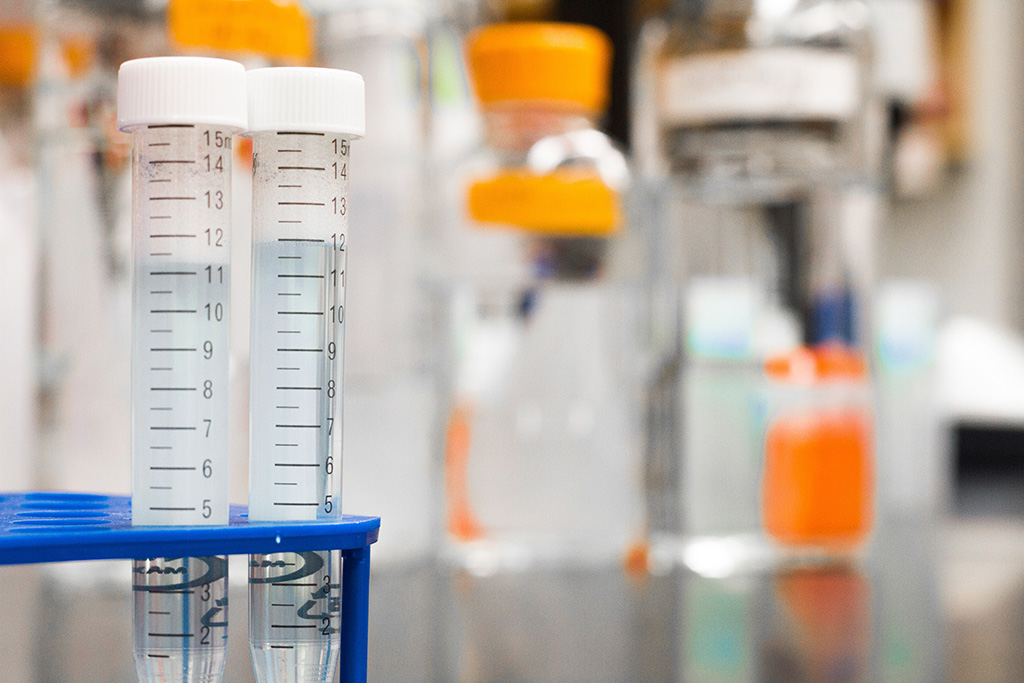
After developing ovarian cancer, plaintiff sued a local plastic surgeon for Fraud, Negligence, and Libel, alleging the surgeon did not adequately inform her of cancer risks associated with undergoing a procedure that harvested her fat cells, treated them with enzymes that segregated stem cells from the tissue, and then re-introduced stem cell-concentrated fat back into the body. She alleged she was fraudulently induced to participate in a dangerous/experimental procedure that had not been approved in the United States by the FDA. She further alleged the physician was financially motivated and provided false information to her health insurer to excessively bill her for a knowingly ineffective and unsafe study.
Defendant was represented by Neil Dymott Hudson attorneys Jonathan Ehtessabian and Clark Hudson. On summary judgment, the defense argued the plaintiff knew exactly what she was doing by participating in the study. There were several study consent forms, which detailed the experimental nature of the study as well as the associated risks. Plaintiff overtly requested stem cell-enriched fat after seeing a T.V. special on Suzanne Somers’s results following the same procedure. Additionally, there was well-documented evidence of extensive pre-operative discussions between the Plaintiff, the surgeon, and various members of his staff. The study observed notable increases in retention of volume and shape in surgeries that utilized stem cell-enriched fat versus conventional fat. The surgeon took all appropriate precautions to ensure he was conducting a legitimate study. There were absolutely no deviations from the standard of care.
At the summary judgment hearing, the Court agreed the surgeon’s progressive study was conducted legally within exemptions carved out by the FDA for autologous stem cell procedures (i.e., only when the donor and recipient of stems is the same person), and the study was appropriately performed under the supervision of an FDA-approved Institutional Review Board (“IRB”). The Court further agreed the defense’s scientific evidence established stem cells from the mesenchymal/ectodermal layer could not possibly differentiate into ovarian tissue, which is derived from a completely unrelated tissue layer. If the plaintiff’s fat stem cells were to hypothetically become malignant, they would form an adipose type of cancer such as lipo-sarcoma, not ovarian cancer. Additionally, there is no biological mechanism by which stem cells could reasonably migrate from the breasts/face to the ovaries/fallopian tubes. Cosmetically, the surgeon was able to achieve an excellent result. The plaintiff's ovarian cancer was completely unrelated to the surgeon's procedure.
Clark R. Hudson is a shareholder at Neil Dymott Hudson and concentrates his practice on the defense of healthcare professionals and civil litigation. Mr. Hudson may be reached at (619) 238-1712.
Jonathan R. Ehtessabian is a contracted attorney at Neil Dymott Hudson. His areas of practice include civil and business litigation and the defense of medical professionals. For further information, Mr. Ehtessabian can be reached at (619) 238-1712.


